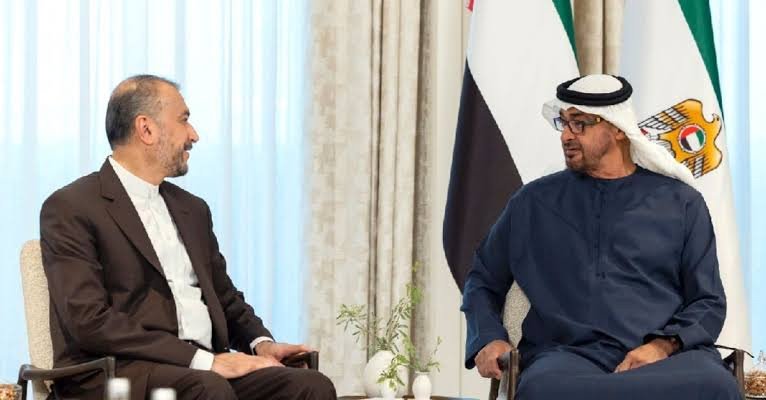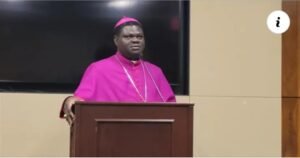Iran top diplomat rounds out Gulf tour with UAE visit

Iranian Foreign Minister Hossein Amir-Abdollahian has concluded his three-day tour of Gulf Arab countries by visiting the United Arab Emirates (UAE).
This visit was part of Iran’s ongoing diplomatic efforts to alleviate its isolation, improve its economy, and demonstrate its strength.
During his visit to the UAE, Amir-Abdollahian engaged in discussions with UAE President Sheikh Mohammed bin Zayed Al Nahyan in Abu Dhabi. The talks primarily focused on enhancing bilateral relations and exploring avenues for increased cooperation. President Ebrahim Raisi extended an invitation to Sheikh Mohammed to visit Iran, as conveyed by Iran’s foreign ministry.
Additionally, Amir-Abdollahian met with his Emirati counterpart, Sheikh Abdullah bin Zayed, who emphasized the importance of establishing an international approach based on cooperation and partnership for multilateral action.
The two countries signed an agreement to expand air transport services, boost trade, and promote tourism opportunities.
These diplomatic efforts by Iran come in the context of Gulf Arab countries seeking to ease tensions with Iran, which have been exacerbated by conflicts in Yemen and Syria. Notably, China played a significant role in brokering an agreement between Iran and Saudi Arabia to restore ties in March.
Apart from regional dynamics, Iran’s nuclear activities remain a shared concern. Iran aims to revive the 2015 nuclear deal with major powers, which offers sanctions relief in exchange for restrictions to prevent the acquisition of nuclear weapons—an objective Iran has consistently denied. Indirect negotiations with the United States on nuclear issues, US sanctions, and a potential prisoner swap have taken place through Oman. Iran’s top nuclear negotiator, Ali Bagheri Kani, also met with diplomats from three European countries in Abu Dhabi to discuss various matters, including Iran’s nuclear activities.
The nuclear accord faced a setback in 2018 when the United States, under former President Donald Trump, unilaterally withdrew from the agreement. Consequently, Iran gradually scaled back its commitments, including increasing uranium enrichment. Talks to revive the deal were initiated by the administration of President Joe Biden in 2021 but have experienced intermittent progress.







